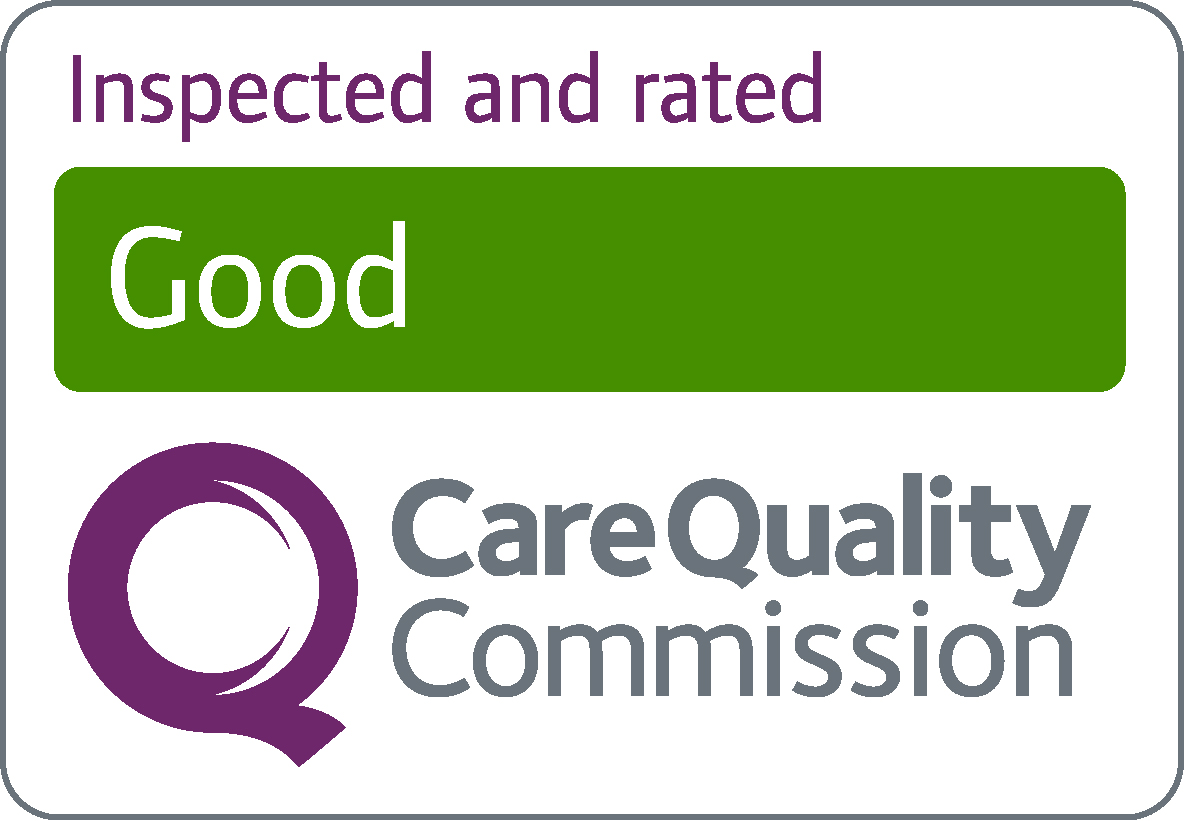September 19, 2025
The Symptoms Of Anaemia In Children: What To Know As A Parent
Pediatric anaemia occurs when red blood cells or haemoglobin in a child are deficient and below the level of adequacy, thus threatening oxygen transport in the child. Untreated anaemia can cause chronic exhaustion, compromised growth and poor attention and learning. Chequers Health strives to educate parents with the awareness to start treatment at an early stage and guide on how to manage their children.
What Leads to Anaemia in children?
The most prominent causes of anaemia in children in UK include the following:
- Iron deficiency: This occurs most of the time due to lack of dietary iron or when there is higher requirement of iron than what was supplied.
- Vitamin B12 / folate deficiency: It may be related to limited eating habits, malabsorption syndromes, or restricted diets that do not include vegetarian or vegan diets attained with proper supplementation.
- Chronic disease: A wide array of diseases and conditions such as chronic kidney disease and inflammatory bowel disease can disrupt the production of red blood cells or their duration.
- Blood loss: This may occur due to accidental trauma, surgical intervention or in older girls and teens, due to heavy menstrual periods.
- Inherited blood disorders: Genetic disorders, like sickle cell disease and different forms of thalassaemia, alter the quantity and/or the shape of red blood cells and can manifest in a young child.
Signs of iron deficiency by age
Infants and toddlers:
- Marked decrease in appetite or feeding trouble
- Feeling very tired or sleepy to feeling unusually energetic or restless
- Skin looks pale
- Failure to meet developmental milestones in time
School-Aged Children
- Persistent fatigue or a loss of interest in playing
- Difficulty staying in focus in the classroom
- Shortness of breath with little exercise
- Higher incidence of diseases
Teenagers:
- Constant tiredness and loss of temper
- Pale skin
- Loss of balance or Light-headedness
- Failing scholastic performance
Recommended Age to Start Screening for Iron Deficiency
The GP can refer to a complete blood count and a ferritin test in case:
- Fatigue is persistent and it is not explained by other diagnoses
- The diet is always limited (such as vegan, and with no iron supplementation)
- There can be unusually heavy menstrual bleeding or frequent episodes of hemorrhoidal bleeding
- The family has an inherited blood disorder
Leadership Approaches Adapted for Peadiatric Care
- Nutritional Modification
- Increase the intake of lean red meats, poultry, fish, eggs, legumes and dark green leafy vegetables.
- Combine meals with vitamin C foods like citrus, strawberries or bell pepper in order to enhance iron absorption.
- Oral Iron Tablets
- Normally it is presented in a chewy tablet or liquid suspension form
- Most common minor side-effects are transient constipation or darkening of stool; these are not dangerous.
- Care of Vast Existing Sicknesses
- Identify and treat chronic illnesses or bleeding factors.
- Refer to a haematologist to suspected genetics related haematological disorders.
When to immediately seek medical help
Call your childs clinician immediately, in case he or she experiences:
- Problems in both breathing and/or pounding heart
- Marked fatigue or an abnormal lack of response
- Loss of weight
- Prolonged bleeding which does not stop
Internal Links
In this paper, please refer to:
- Iron Deficiency Anaemia: Diagnostic Characteristics, Cause and Treatment
- Nutritional Plan of Anaemia: Iron-rich food and 7-days regimen
- Expected Length of Recovery times of Anaemia
General Questions on five Paediatric Anaemia
In the United Kingdom 10 percent of children experience iron deficiency anaemia in childhood.
Low iron can reduce the mind-set, memory, and energy.
Iron supplementation is safe as long as it has proper medical supervision to avoid iron overload.
Most of the incident cases could be prevented through a diet adequate in iron, vitamins, and minerals.
Many vegetarian children require iron and vitamin B12 supplements, particularly during periods of rapid growth.


